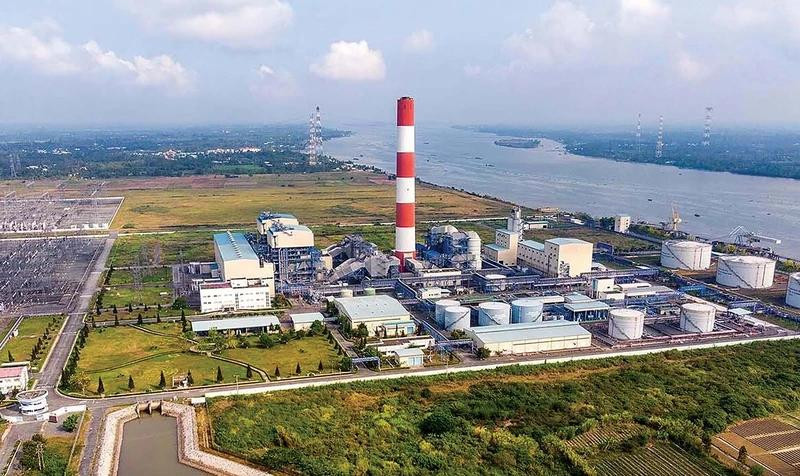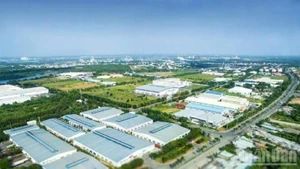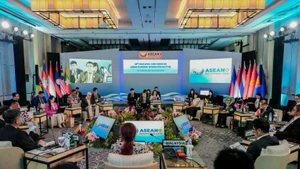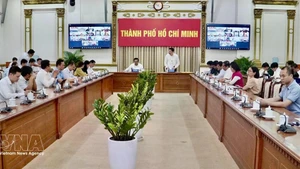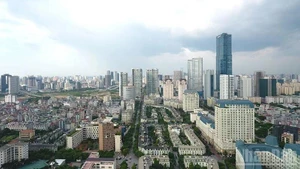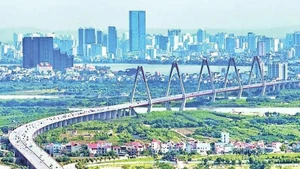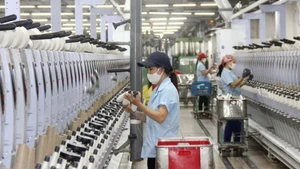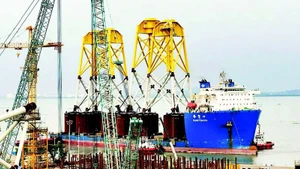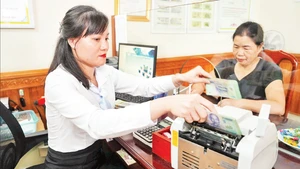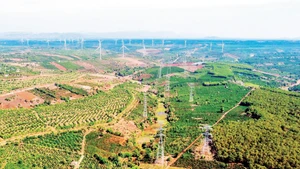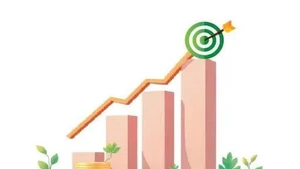According to the Foreign Investment Agency (under the Ministry of Finance), in the first two months of 2025, FDI inflows into Vietnam reached 6.90 billion USD, marking a 35.5% increase compared to the same period in 2024. Alongside registered FDI, disbursed FDI during this period reached 2.95 billion USD, reflecting a 5.4% rise from the previous year.
This represents the highest realised FDI inflow in the first two months of the past five years. It further demonstrates that Vietnam's investment environment remains highly attractive to foreign enterprises.
Attraction of green sectors
The Block B - O Mon gas-power project is the largest oil and gas sector project in Vietnam and a national energy priority, with a total investment of around 12 billion USD. As the project enters its comprehensive implementation phase, with synchronised bidding packages, Japanese investors have increased their deployment of technical and specialised personnel to accelerate the project timeline alongside their Vietnamese partners. The aim is to receive the first gas flow by 2027. Advanced technologies and digital transformation solutions are being applied at every stage of this project.
Mr. Naoki Ishii, Director of Mitsui Vietnam Oil and Gas Exploration and Production Company, stated that participating in Vietnam’s energy security and energy transition efforts is a significant honour for the company. He emphasised that this is a long-term investment requiring substantial capital and extended timelines. Therefore, establishing a stable legal framework is crucial to ensuring that investments are not disrupted and that all stakeholders adhere to the project’s schedule.
An increasing number of projects by American, European, and Japanese enterprises are being newly established or expanded in Vietnam’s low-emission energy production and high-tech industries. According to data from the United Nations Conference on Trade and Development (UNCTAD), Vietnam ranked second among the top five developing economies attracting the most FDI in renewable energy between 2015 and 2022, at approximately 106.8 billion USD.
Mr. Bhardwaj Vinay, General Director of Indorama Ventures Ngoc Nghia Vietnam, shared that his company has invested in a plastic packaging manufacturing plant in Hung Yen, with 15 million USD allocated solely for green initiatives such as solar energy systems and circular economy applications. These investments not only meet new standards and project quality requirements in Vietnam but also respond to market demand.
"Vietnam is a rapidly growing market. To seize growth opportunities, we must pursue sustainable development. From a business perspective, long-term investments in green solutions, such as energy optimisation, help to reduce costs. Additionally, accessing financing from international organisations and banks for green projects is now more convenient and cost-effective than before," Mr. Bhard Vinay noted.
Acknowledging the positive trend of FDI in Vietnam, Mr. Tim Evans, CEO of HSBC Vietnam, has predicted that FDI inflows in 2025 will focus on high-tech industries, green industries, and renewable energy.
Mr. Tim Evans stated that Vietnam already possesses key factors to attract foreign direct investment. Specifically, regarding green FDI, nearly 40% of Vietnam’s land area has average wind speeds conducive to wind power development. Many regions also have favourable radiation levels for solar energy. “Therefore, I believe Vietnam has advantages in both policy and geographical conditions to compete for green FDI,” he added.
Mr. Tran Kien Cuong, Director of Hoa Phat Urban Development and Construction JSC, also noted that recent investments in Hoa Phat’s industrial zones have primarily focused on high-tech sectors such as electronics and renewable energy. This represents a sustainable path for both businesses and the broader community.
Comprehensive policy implementation needed
Given the growing trend of investment in high-tech industries, green industries, and renewable energy, many experts argue that, alongside infrastructure improvements and enhanced service quality, it is crucial to have synchronised and consistent policies to better support investor trends.
According to the European Chamber of Commerce in Vietnam (EuroCham), the implementation of cohesive policies to attract high-quality FDI and promote green investment at the local level such as technology advancements, value chain integration, and tax incentives, enables investors to transition toward both digitalisation and sustainability. Green industrial zones are gradually taking shape in Vietnam, and some enterprises anticipate a revenue increase of up to 40% this year.
International organisations highlight that strong decisions in scientific and technological development, innovation, digital transformation, major transportation infrastructure projects, and financial center construction are creating substantial competitive advantages for Vietnam in attracting FDI. This also means that Vietnam has the opportunity to selectively choose greener projects with more efficient technology applications, thereby enhancing the economic impact and contributing to national growth.
